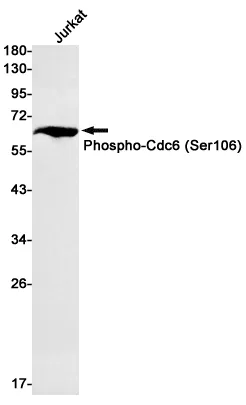Summary
Performance
Immunogen
Application
Background
Cell localization:[Isoform A.1]: Cell membrane; Single-pass type I membrane protein.; [Isoform A.2]: Cell membrane; Single-pass type I membrane protein.; [Isoform A.3]: Cell membrane; Single-pass type I membrane protein.; [Isoform B]: Secreted.; [Isoform B-delta-S2]: Secreted..This gene is a member of the immunoglobulin gene superfamily and encodes a receptor for the Fc region of IgA. The receptor is a transmembrane glycoprotein present on the surface of myeloid lineage cells such as neutrophils, monocytes, macrophages, and eosinophils, where it mediates immunologic responses to pathogens. It interacts with IgA-opsonized targets and triggers several immunologic defense processes, including phagocytosis, antibody-dependent cell-mediated cytotoxicity, and stimulation of the release of inflammatory mediators. Multiple alternatively spliced transcript variants encoding different isoforms have been described for this gene. [provided by RefSeq, Jul 2008],
Research Area




